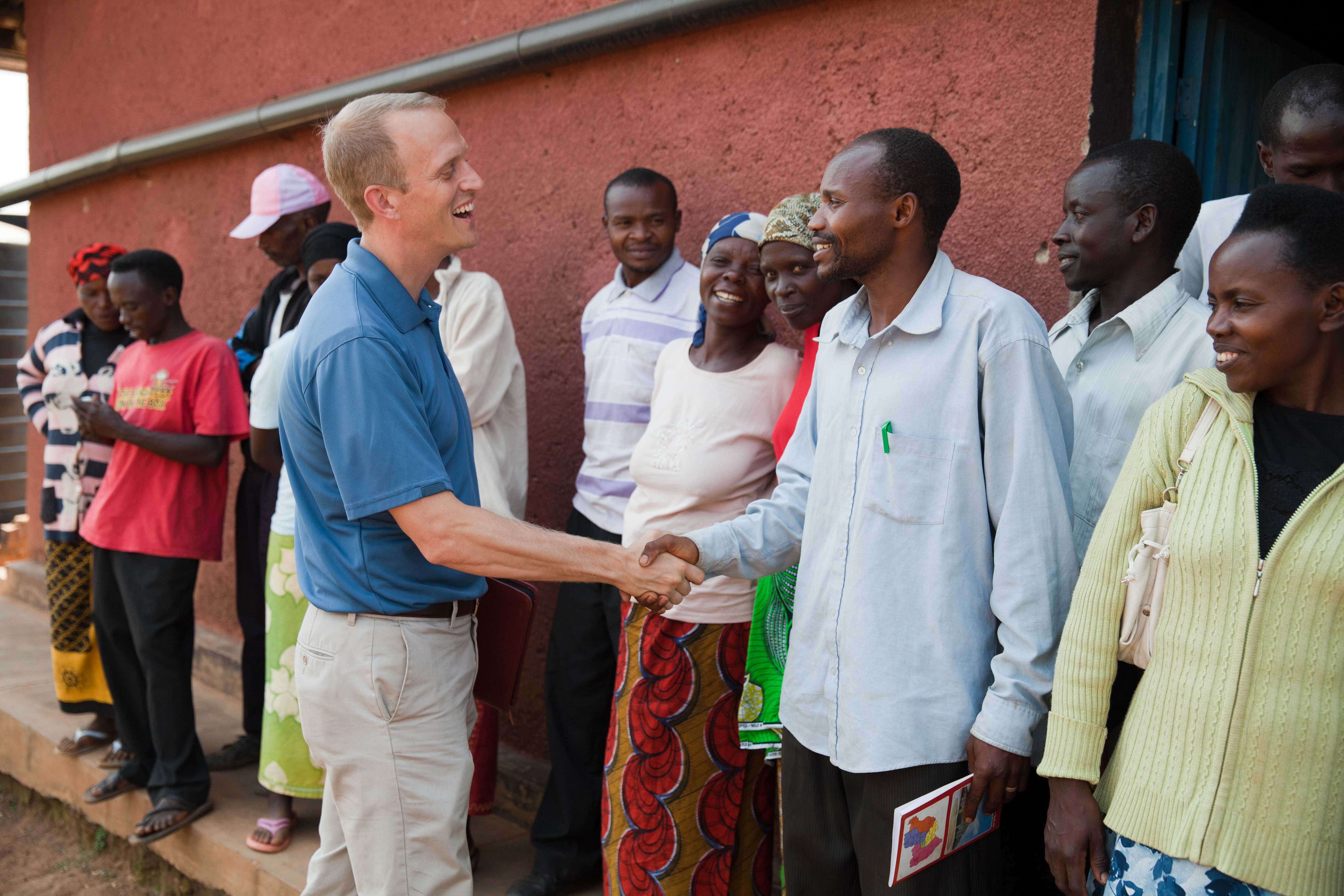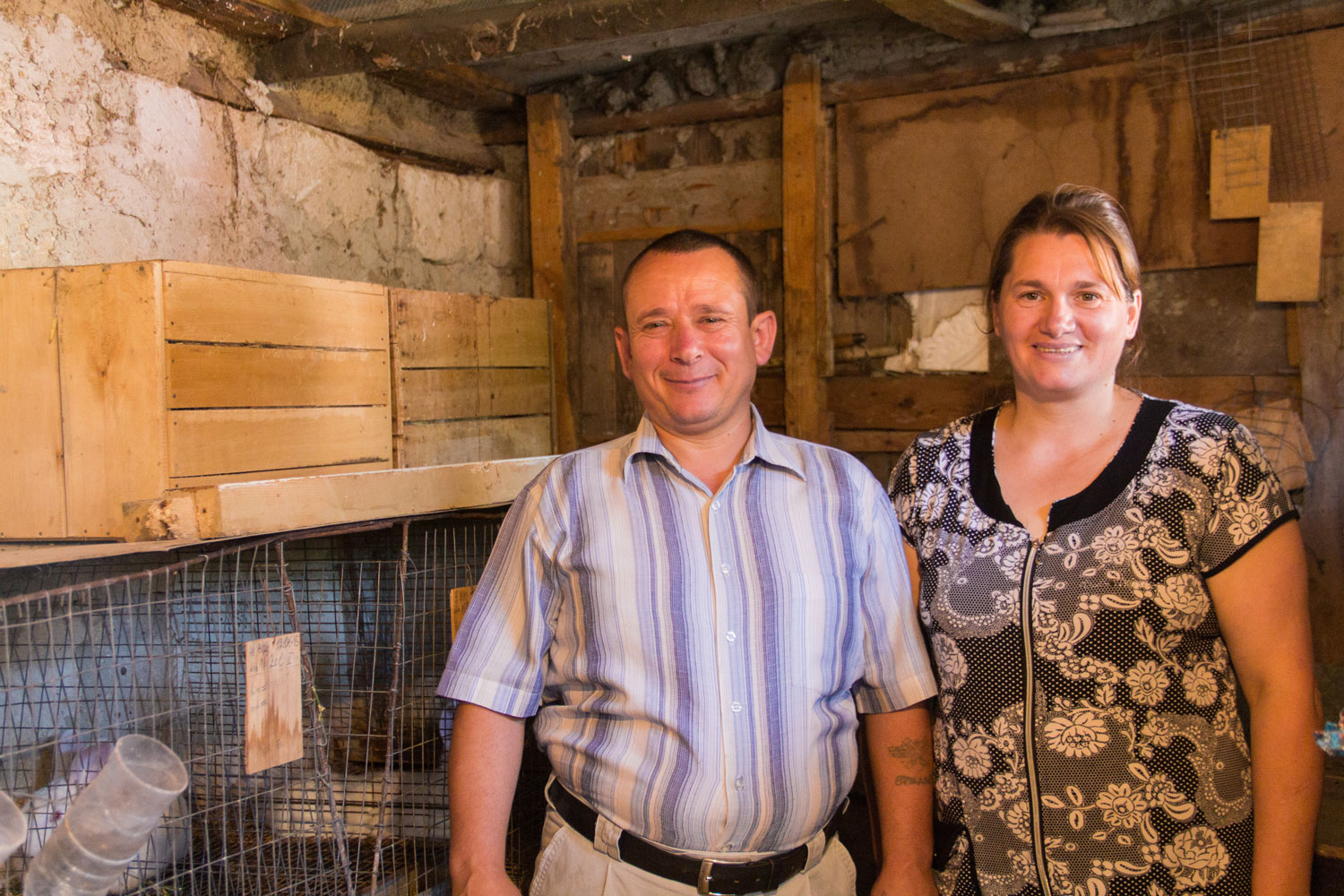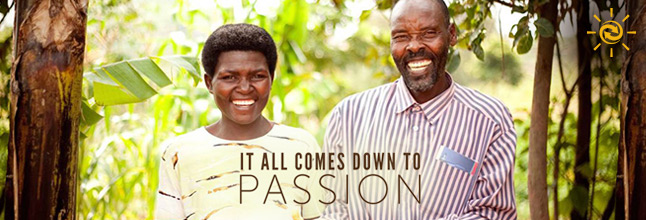Just two hundred years ago, almost the entire world’s population lived in extreme poverty. Today, less than 10 percent do. In the past 40 years alone, the percent of people living in extreme poverty has dropped by over 30 percentage points.
In my years of work in Christ-centered economic development, I have had the privilege of visiting places ranging from the small towns in Haiti to remote villages in northern Afghanistan. And I have come to realize that while poverty runs rampant in our world, the situation in so many communities is unquestionably getting better. The depth and complexities of poverty are not hopeless. The Church is on the move. Continue Reading…





















